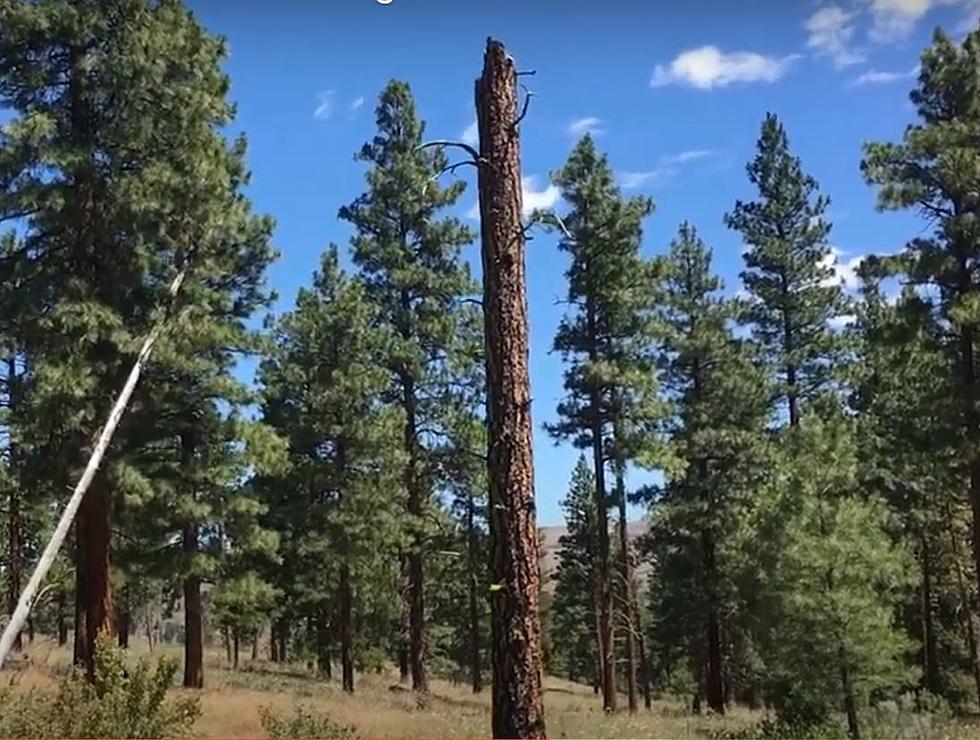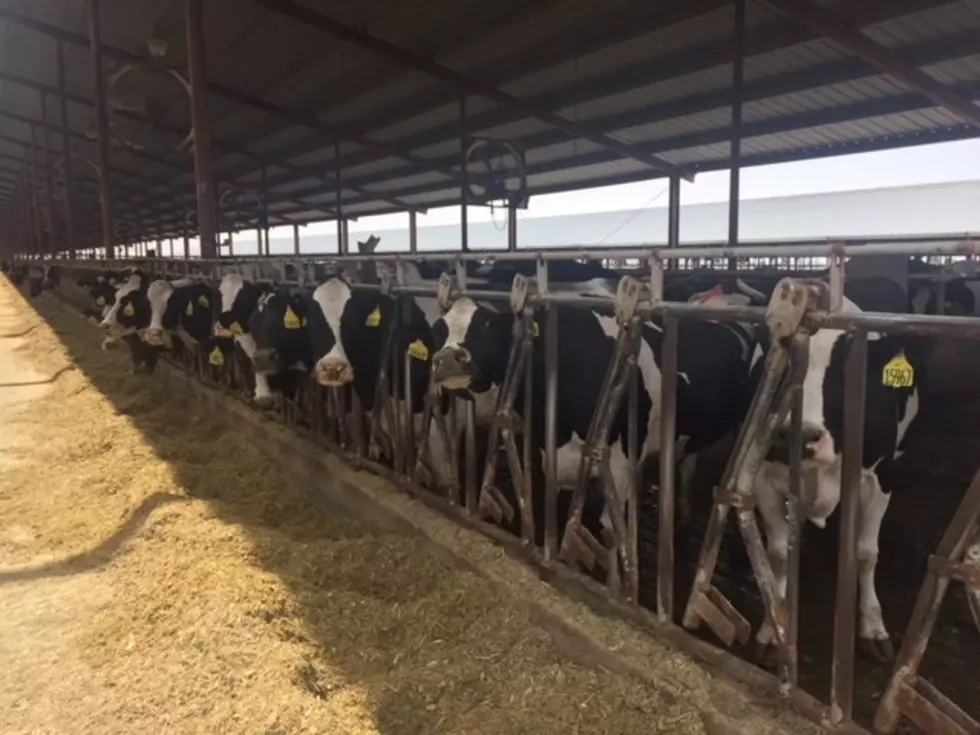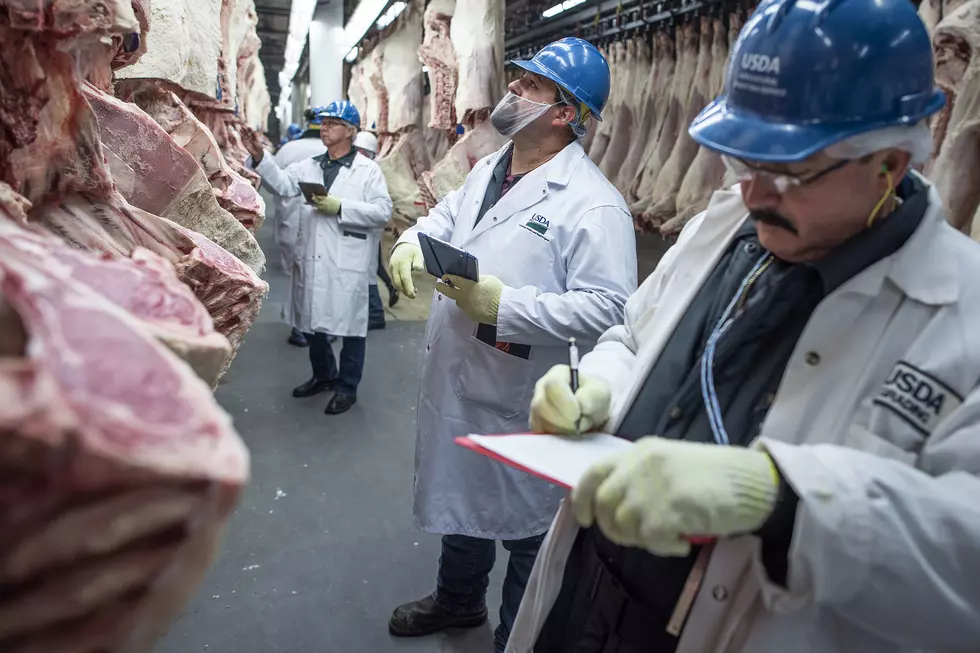
Canada Trying To Address Timber Rustling
In the United States more than half of all forested land, roughly 60% of treed lands, are owned privately. That situation is almost entirely different in Canada, where only about 10% of forested land is privately owned. In fact, nearly 90% of Canadian forested land is owned by provincial governments and primarily the Canadian federal government, which is referred to as Crown Land.
Firewood theft is nothing new for private forest and bush-lot owners. Theft of small amounts of deadwood is often ignored. But theft of large logs and trees for lumber is never ignored. And when that land belongs to government authority theft is called by a different name: poaching. Now it appears that lumber poaching is increasing in Canada, in large part due to the sheer scope of the millions of acres of lands involved. Larry Pinn lives near Redwood National Park on Vancouver Island. Pinn recently came across a newly cut Redwood about eight feet across at the base.
"As you can see, it’s a pretty big Western red cedar. Really knew what they were doing, they’re organized, had all the equipment, they’d done their research and knew the spot. Something like this is not being taken for firewood, it’s a valuable tree.”
Lyndsie Bourgon is a writer who lives on Vancouver Island. When she first looked at the lumber poaching story, she thought the issue was all about government property theft. But when Bourgon spoke with some of the poachers involved, she found that that some of those didn’t see what they were doing as theft. They see it as simply taking back resources that had have always been rightfully theirs. And some have been poaching lumber for generations.
“In Canada, provincial parks and crown lands, timber poaching is a pretty traditional activity. Access to the woods was seen as a human right because the woods provided materials for shelter, provided home for wildlife that was then hunted. Over time those sections of wood were fenced off and removed from the common use. A big form of protest against that became taking wood that you were entitled to. And I ended up hearing pretty serious and overt connections to that when I was interviewing poachers.”
It cannot be argued that the forest and lumber is simply going to waste. In Canada, sections of forested Crown Land is licensed for harvest to lumber companies by government agencies. However, Bourgon found that most of the tree poachers still see it as their right to take what they need. Bourgon noted that beyond the dollars, many are simply protesting authority.
"It still appears to many people that powerful decision-makers have made the choice to take land away from useful contributions to the economy and to people’s lives, ‘this is no longer yours to use anymore.’”
If you have a story idea for the PNW Ag Network, call (509) 547-1618, or e-mail glenn.vaagen@townsquaremedia.com
More From PNW Ag Network









